Imagine you’re searching for something on Google. Maybe it’s about digital marketing or maybe it’s how you can tie your shoes faster.
Whatever the case, you want answers and you want them quickly.
But, the story doesn’t end so well.
You click “enter” and browse through the results. After a moment, you click on one of the top three.
And you go to… a terrible website.
“What? How did this website rise through the rankings?” you think to yourself.
How could such a terrible website with such terrible content outperform even your own website?
In fact, when you arrived on the website, I’m willing to bet that you left immediately.
After all, we’ve all been there before.
We’re desperately trying to find an answer to our question, and it seems like a ton of SEO spammers are the only ones who prevailed on the topic.
Unfortunately for us, those spam answers aren’t actually answering our questions.
That is, of course, what defines SEO spam in the first place. SEO spam is content that isn’t helpful or beneficial, but that rises through the rankings regardless.
And it makes sense that the authors of that content want to game the system.
Who wouldn’t want to reap these benefits?
How do spammers rise through the rankings? Well, they exploit all of the vulnerabilities of search engine algorithms.
Naturally, you want to do the same thing, but you don’t want to overdo it. And you want to actually produce amazing content.
That’s the difference between your website and your spammy counterpart.
You actually want to help people.
So you deserve to win the rankings.
In fact, 64% of businesses are using organic search to try to claim their positions in the SERPs.
In other words, you’re not alone.
You have a lot of competition.
Including the SEO spammers.
Fortunately, those spammers can actually teach you a few tricks of your own to rise through the rankings.
Because, while they often do everything to the extreme and create mistrust in the process, you can take those same strategies and make them less spammy.
And that means you’ll out-muscle the competition.
Here’s how you can do it.
1. Your brand name
When you chose a name for your business and website, did you think about SEO?
If you’re like most business owners, you didn’t.
Instead, you chose a name because it was cute, creative, or familiar.
For marketing reasons, you chose a name with two syllables that was easy to remember and easy to type.
And good on you for doing so.
But, there might have been a different way to choose a business name.
A way that automatically increases your chance of landing on the first page of Google for your target keywords.
In fact, spammers notoriously use this tactic.
They name their website something like this so they’ll rank in search engines easier.
- The Best Restaurant
- The Top Digital Marketer
- How To Market
What happens when spammers use business names like these?
Well, when someone types “The best restaurant” or “How to market” into Google, the search engine assumes that the searcher might be looking for a business with that title and skyrockets those spammers to the top.
Even Moz says, “Probably the biggest problem in Google’s algorithm is the amount of weight they put into a business name.”
Here’s a website that uses its business name to leverage local SEO in Denver.
And here’s another example where a spammer is using its business name to target keywords and location.
So, what does all of this mean for your business name?
How can you use this strategy to increase your SEO without being spammy?
Imagine this: You’re looking for a VPN in Google.
So, like a reasonable Google searcher, you type in, “the best VPN,” hoping to browse your options.
And you see this:
An actual business with the name “BestVPN.”
Now, this isn’t a spam website, and it actually offers what the searcher is likely looking for — reviews of different VPN options.
In other words, BestVPN is a great example of a business that’s using its name to increase their SEO without being a spammer.
After all, you don’t have to be a spammer to create a business name that helps your SEO efforts.
You just have to be strategic.
Although spammers created the tactic, there’s no reason that you can’t use it to benefit your own business.
Take some time to do your own keyword research and determine what business name would best benefit your SEO.
Then consider changing your name to that.
2. Customer reviews
Customer reviews are remarkably powerful.
Think about how you use customer reviews.
Before you buy a product, I’ll bet that you at least look a the star-rating of the product and maybe even browse through some individual reviews to get a feel for what people think.
Bad reviews hurt your opinion of the product, and good reviews improve your opinion.
Believe it or not, though, your opinion isn’t the only thing that customer reviews impact.
Customer reviews also impact your SEO, for better or worse.
Similar to your opinion, negative reviews hurt your SEO, and positive reviews help your SEO.
Why?
Google puts a lot of weight on what people like and what people dislike. If they like your business and product, Google will like you too. If people dislike you, so too will Google.
But just how much do people trust reviews?
Well, 72% of people trust online reviews as much as personal recommendations.
68% of consumers read reviews on social networking sites.
And 90% of people claim that positive reviews influence their decision to buy.
And people actually distrust products and businesses that don’t have any reviews.
Naturally, then, customer reviews represent a well of potential for your business.
Unfortunately, they do the same thing for spammers who want to increase the SEO of their businesses.
And here’s the worst part.
SEO spammers don’t just use customer reviews to help their own SEO. They also use it to hurt their competition.
How, you ask?
It’s quite simple.
They leave good (fake) reviews on their own businesses and terrible reviews for their competitors.
Just like this, for example.
Fortunately for reputable businesses, like your own, that try to deal in honesty, Google hates these spammer reviews.
Here’s what their review policy says:
“Make sure that the reviews and photos on your business listing, or those that you leave at a business you’ve visited, are honest representations of the customer experience. Those that aren’t may be removed.”
Still, the Internet is a big place and Google can only catch so many offenders.
And when they don’t catch a spammer that’s using this tactic, the victim continues to suffer, and the SEO criminal prospers.
The good news, though, is that you can build reviews honestly and not risk losing your review potential in the first place.
After all, if building reviews works for spammers’ SEO, it can work for yours.
And it will work better and be less risky when you do it honestly.
Consider offering a discount on a customer’s next purchase or a free gift if someone leaves a review for you. Like this, for example.
Reviews can be difficult to get from your customers.
For that reason, offer some incentive, and you’ll build more reviews than you would otherwise.
And they’ll be far more genuine than the spammers who try to do the same.
3. Backlinks
Backlinks are one of the primary SEO indicators for search engines.
Google, Bing, and Yahoo all pay attention to backlinks because they tell the search engine that other websites trust you.
If I link to your website in my blog post, for instance, then you receive some SEO juice because that tells search engines like Google that I trust your website.
And since I have a decent domain authority, that helps your own rankings.
But, of course, spammers love this fact.
How, though, do they build backlinks to their website? They’re a spammer, after all. So who in their right mind would link to them and risk hurting their own SEO?
Well, the answer to that question lies in what’s called a PBN (Private Blog Network).
Basically, a PBN is a service that offers backlinks from a variety of websites that are also spam. However, the spam websites that host the backlinks are on domains with enough SEO juice to carry the spammer to the top of the rankings.
Clearly, there’s a lot of risk involved in using PBNs as well. So I don’t recommend using them.
But spammers love them.
Because the more backlinks you have, generally speaking, the better your rankings will be.
Additionally, 99.2% of the top 50 results on Google have at least one backlink pointing to their website.
And link popularity is the second biggest ranking factor in search engines, right behind domain trust.
But how can you generate backlinks honestly and without the risk?
Well, there are a few different ways.
Perhaps the most popular way is to provide content for another website for free. In return, that website will often give you a backlink.
It’s called guest blogging.
All you have to do is pitch online blogs that you want a backlink from. Then, once you get a pitch accepted, write the article and include a backlink to your website.
Another, and easier, way to generate backlinks is by writing testimonials for other online businesses.
Like this, for example.
Then, the more backlinks you generate from reputable websites, the better your own website will rank.
And, more than likely, even the spammers won’t be able to keep up.
4. Keywords
As you probably already know, targeting popular keywords is a great strategy for ranking on Google.
And not just ranking, but ranking in the right SERP.
After all, there’s a big difference between ranking and ranking in the right place.
You don’t want to just rank on Google. You want to rank for keywords that your target market actually types into Google.
Only then will you attract the right kind of attention.
Because Google uses keywords to determine how relevant certain web pages are to the searcher’s query.
Spammers, though, try to use this to their advantage.
They use a tactic called keyword stuffing.
Basically, keyword stuffing is putting a massive amount of keywords into your content. Like way more than you need.
Fortunately, though, Google exclusively says that keyword stuffing can hurt your rankings.
Of course, they can’t catch everyone. But in regards to keyword stuffing, they have gotten pretty good at catching a lot of offenders.
What does this mean for your own SEO strategy?
Well, it means that you should include target keywords tactfully within your own content. That, after all, is why spammers do this in the first place.
Keywords improve your SEO.
Google does appreciate, for instance, when you include keywords in your content. Within reason, of course.
It helps Google read what your website is about and what each page discusses. Then, they can rank you accordingly.
Consider these as good examples. The keyword is there, but it’s not overwhelming.
That’s what you want to do.
You want to target the prevalence of semantic search.
What is semantic search?
It’s the way that Google seeks to understand how searchers seek out information and read between the lines of their intention.
Rather than reading the keywords themselves, Google strives to read the intent behind the keywords.
And the rise of voice search — now accounting for 20% of queries — is making semantic search even more important.
The point?
Google wants to understand what your content is about so that it can deliver great results to searchers.
And if you use the right keywords within your content — without keyword stuffing — then you’ll rise to the top.
5. Internal linking
Internal linking can also help your SEO.
Internal linking happens when you link from one page of your website to another page on your website.
Why does this help your SEO?
Well, it helps because then Google understands which pages are discussing similar topics. Said another way, it organizes your content for Google.
And when you organize your content, Google can deliver it better to the people who want to see it.
Remember, Google’s a robot and it can only understand what your content is about if you organize it correctly.
Spammers, of course, overdo this and link to everywhere else on their page, trying to generate SEO.
In the end, though, their website ends up looking more like a Wikipedia page than it does a reputable source of information.
When all of those links clutter a blog post, it looks like you’re trying too hard.
Plus, too much internal linking does little to meaningfully organize your content.
So, stay away from that.
Instead, use pillar content to create systems for organizing your pages.
This will help your SEO since Google knows what your content is about and how to organize it.
Consider how this blog post I wrote links throughout the content.
Ideally, you want to link when the internal link is relevant to what you’re discussing — not just any time.
Personally, I try to include one link for every 100 words that I write (internal or external).
You are welcome to adopt the same strategy.
6. Long-form content
Did you know that longer blog posts perform better on Google?
And you can use that truth to your advantage.
Of course, so can spammers.
Spammers use this truth to increase their rankings.
They simply write a lot of words in their blog posts to increase the word count. As that happens, though, the value of what they’re saying decreases and becomes completely pointless.
Consider this spammy blog post, for example.
This article has long blocks of text and lots of sentences that say absolutely nothing.
That’s the spam way of doing this.
Fortunately, you can increase your word count on your blog articles without being spammy.
Most of my articles, for example, sit around 2,500 words, but each one actually provides value.
That’s the difference. I’m not talking just to talk. I’m talking to increase my SEO and provide genuine value.
You want to do the same thing.
Consider this blog post that is long but actually provides valuable information, plenty of whitespace and lots of images.
That’s a far better way to write content.
Spammers make their content long, but you’re going to make it long and valuable. Which, in turn, will help your SEO without any risk.
Conclusion
More often than we’d all like, terrible results crawl their way through the rankings.
And sadly, the Internet will always have spammers.
People who try to rise through the SERPs without actually providing any value.
But you’re not one of those people.
However, you can learn a lot from those SEO spammers.
In particular, that your brand name, customer reviews, number of backlinks, targeted keywords, internal linking, and long-form content can work wonders to increase your SEO.
Just don’t do it like the spammers. Do it honestly in a way the provides value to your audience.
What SEO tactics have you learned from the dark side of the Internet?


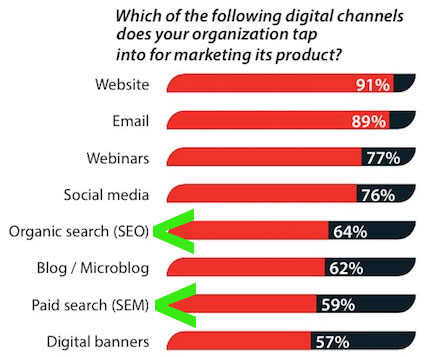
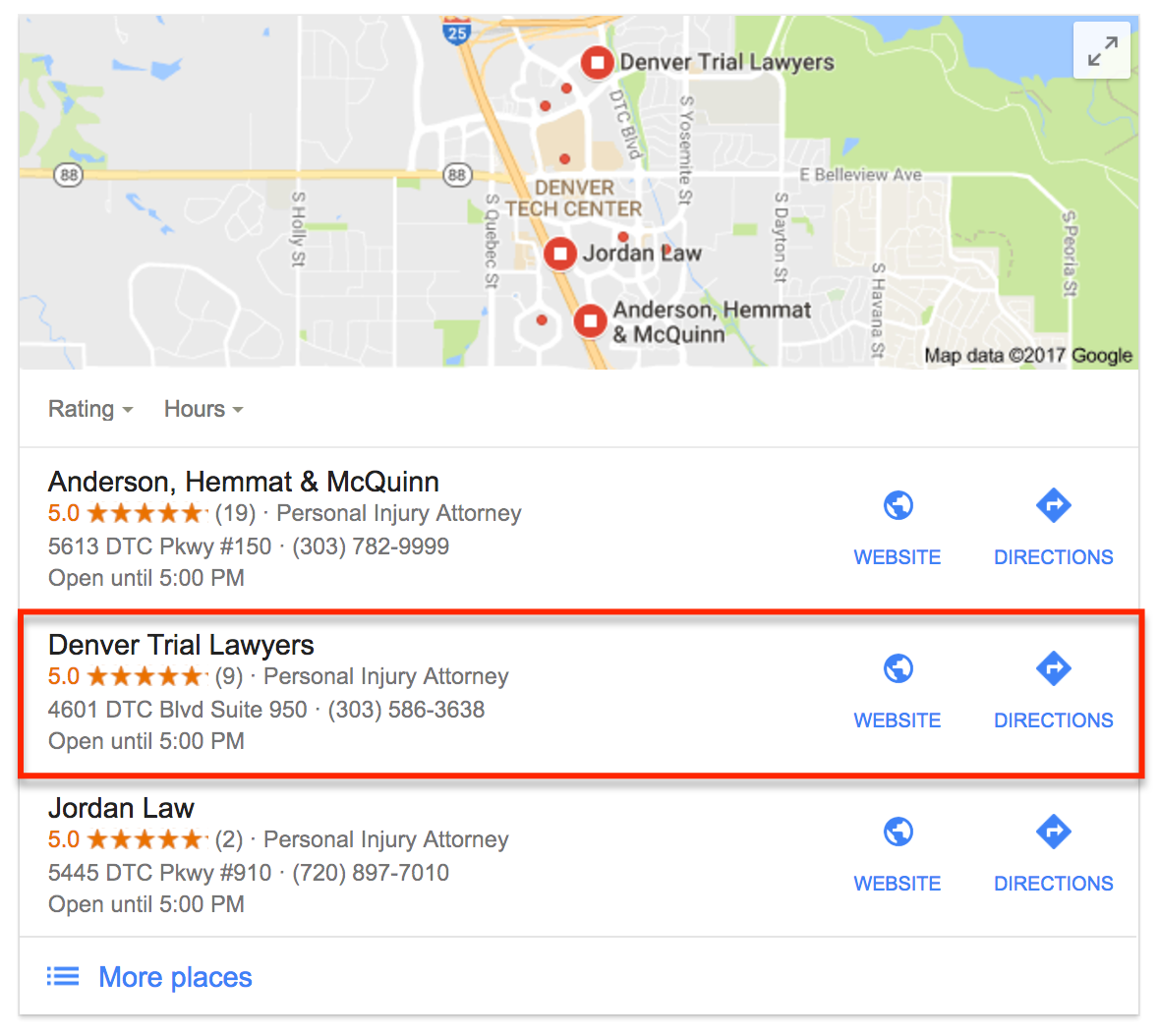
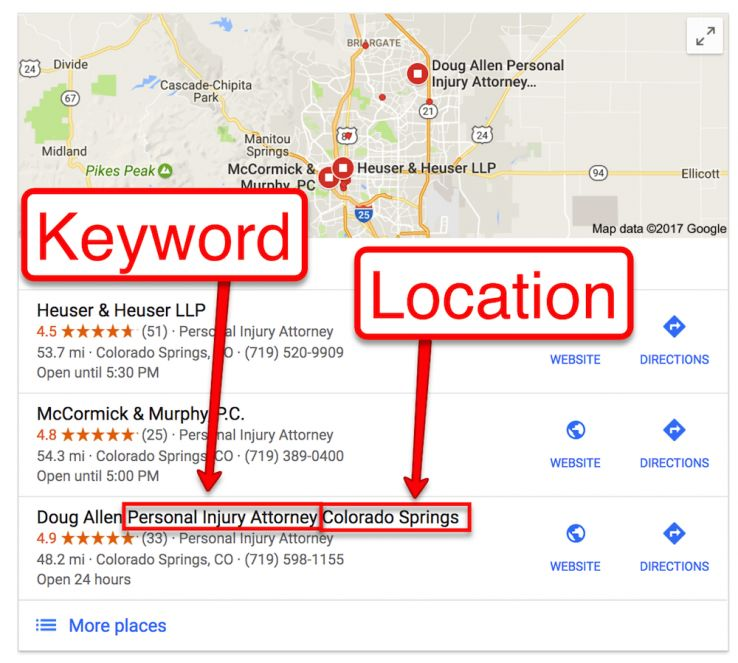
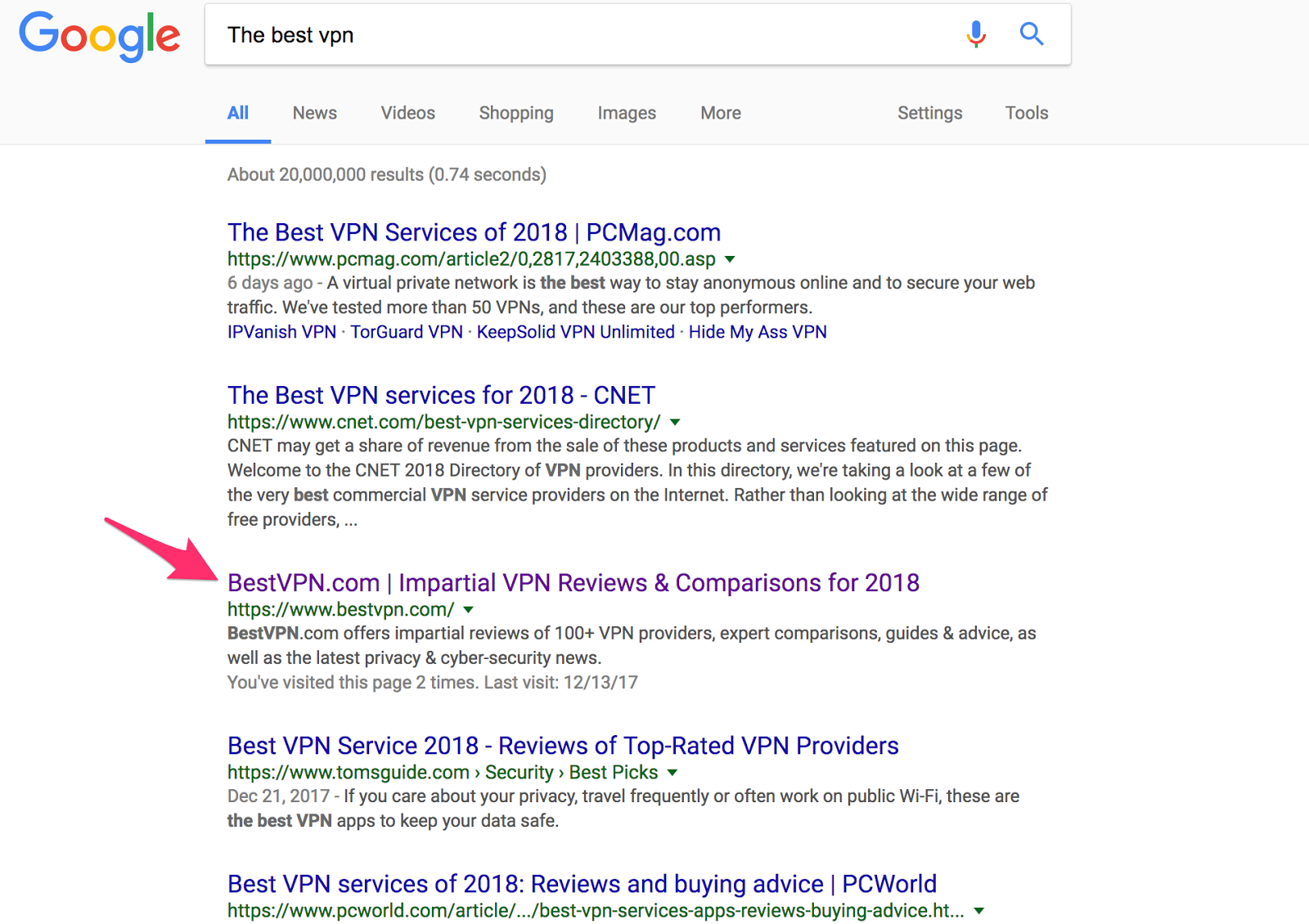
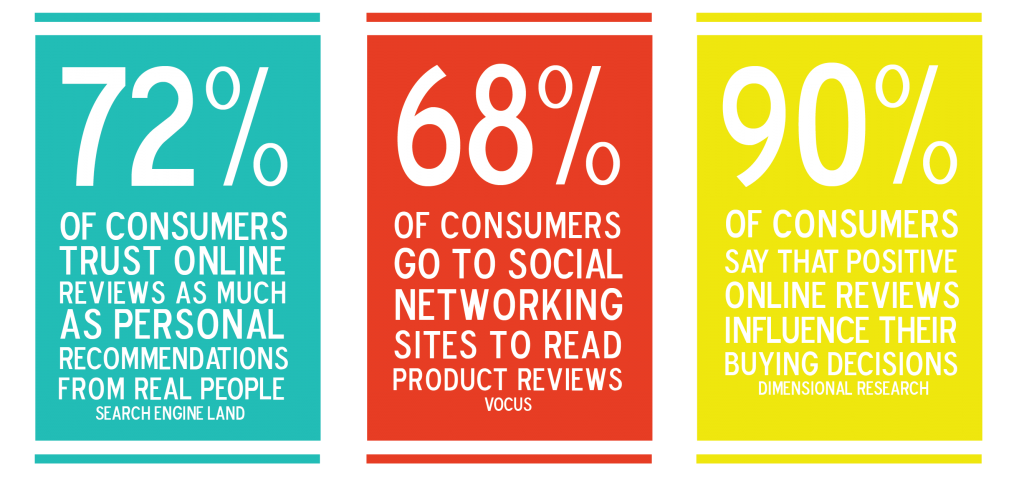
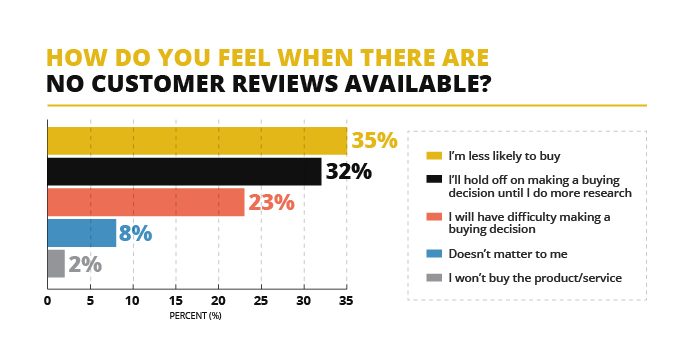
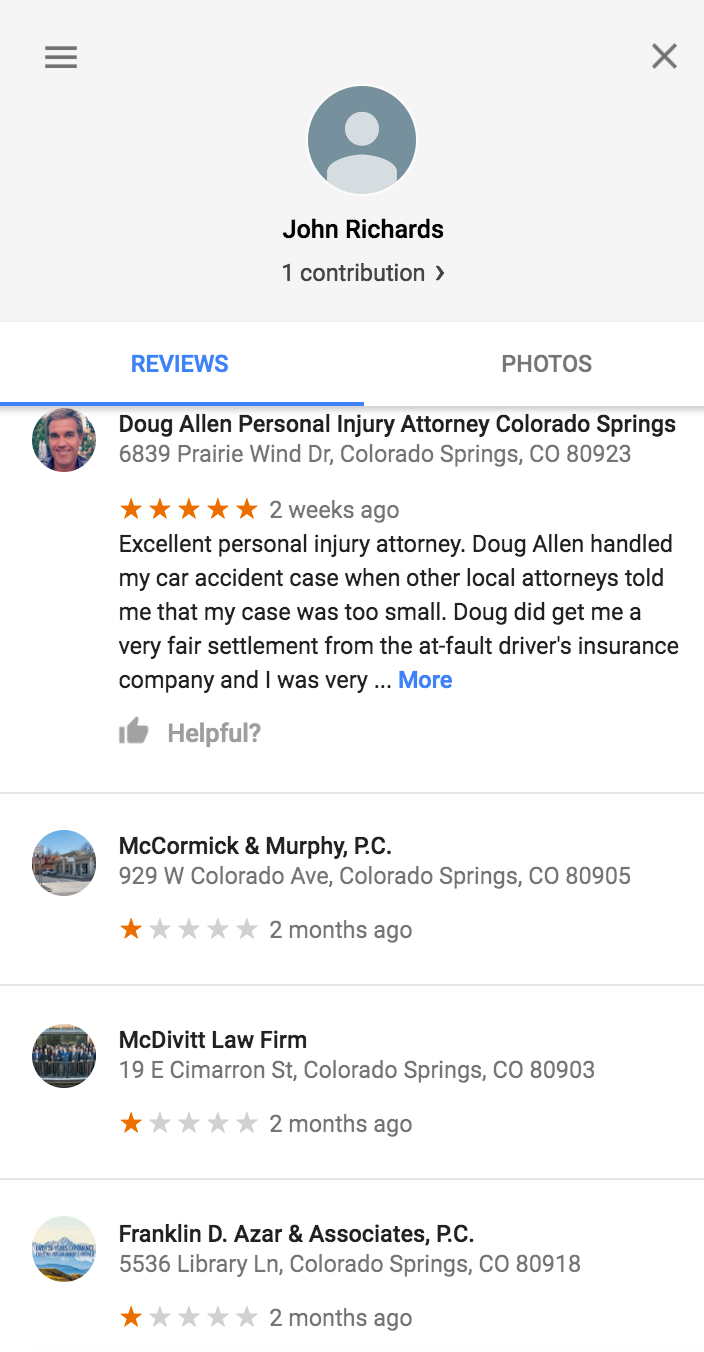

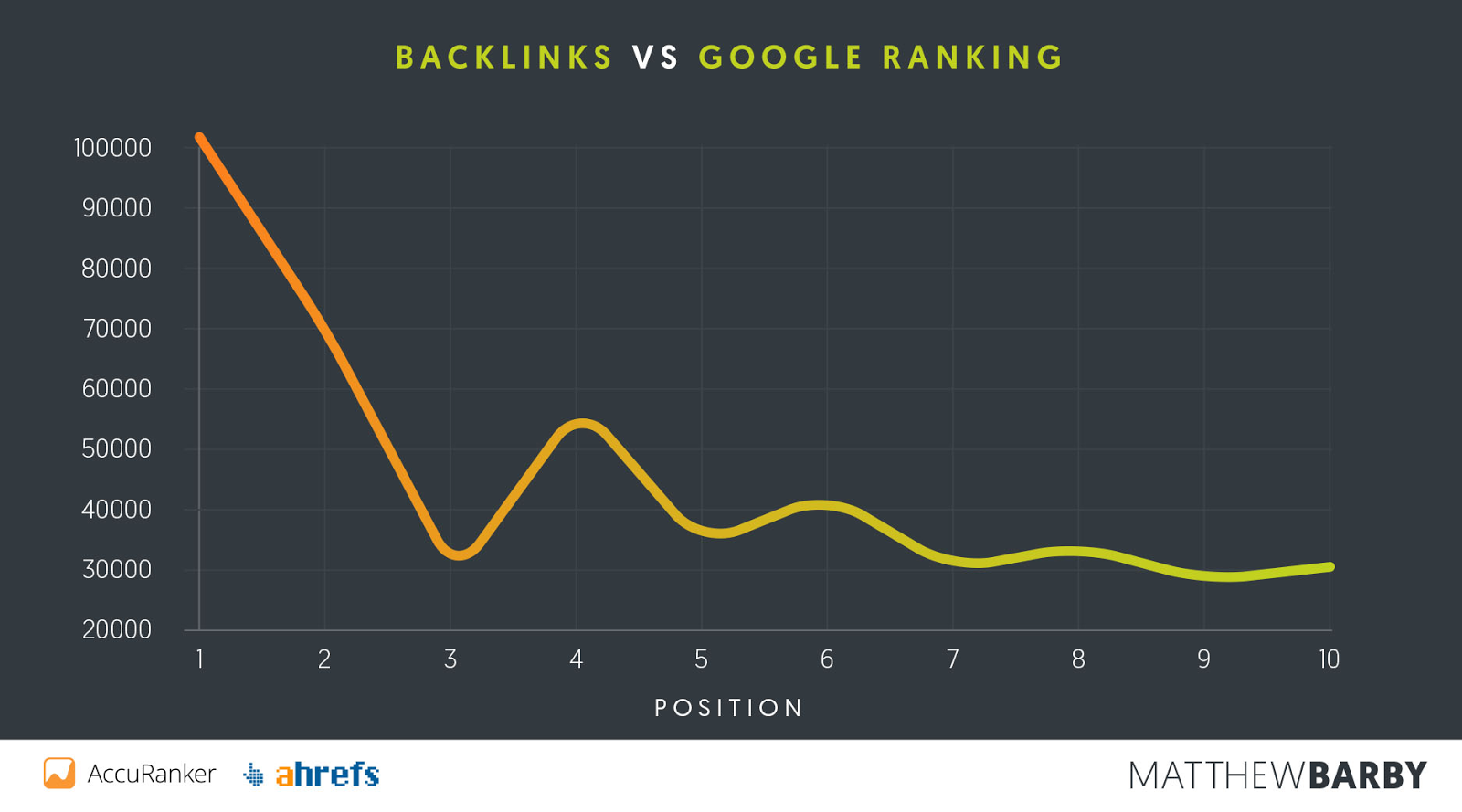
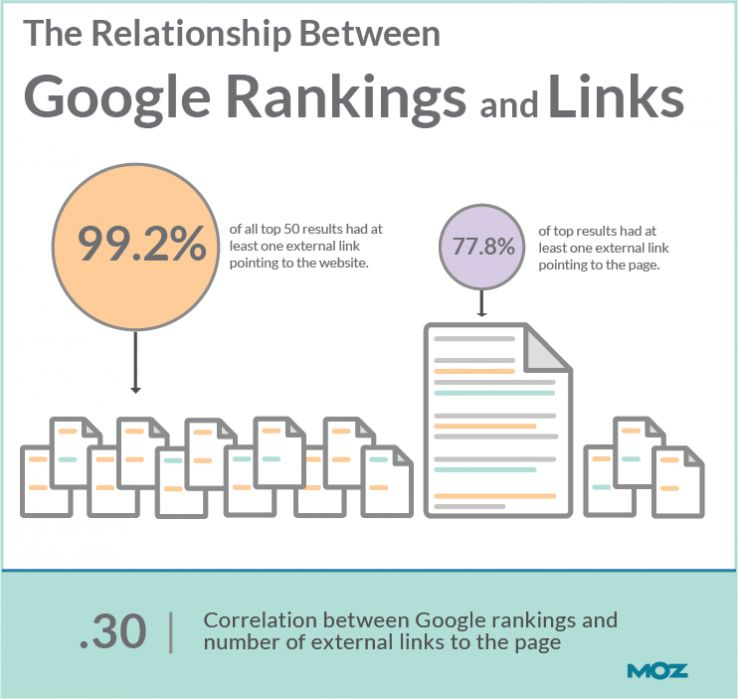
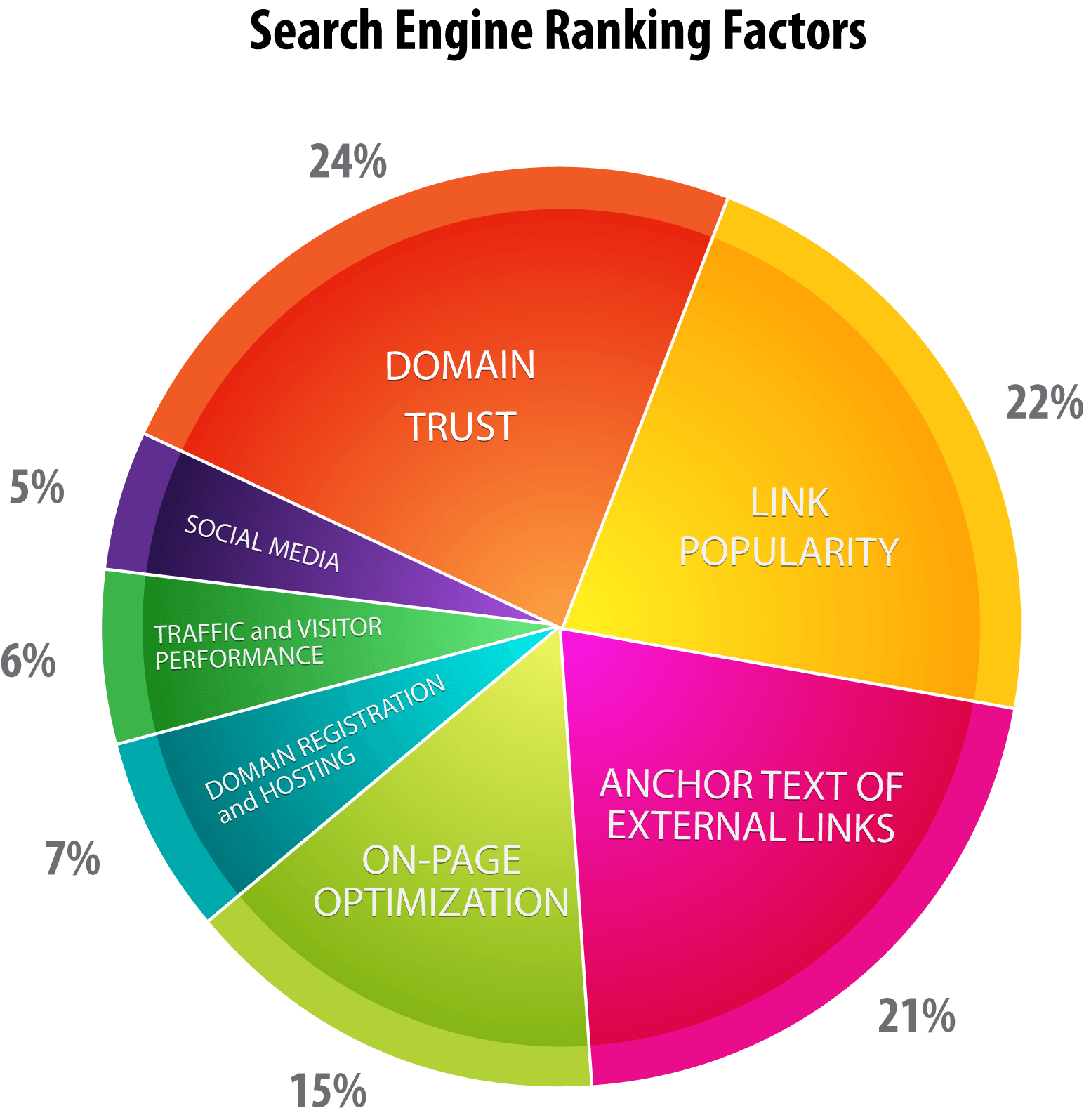
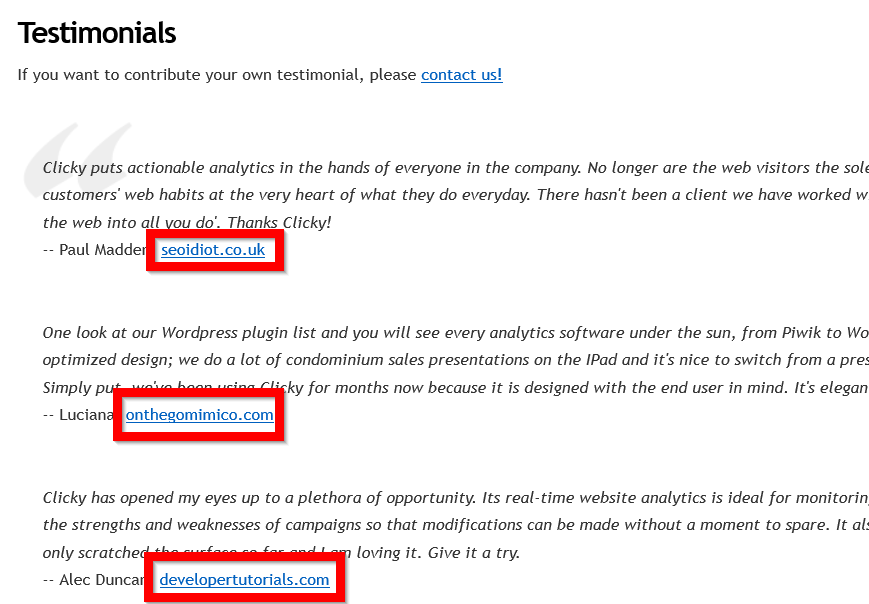
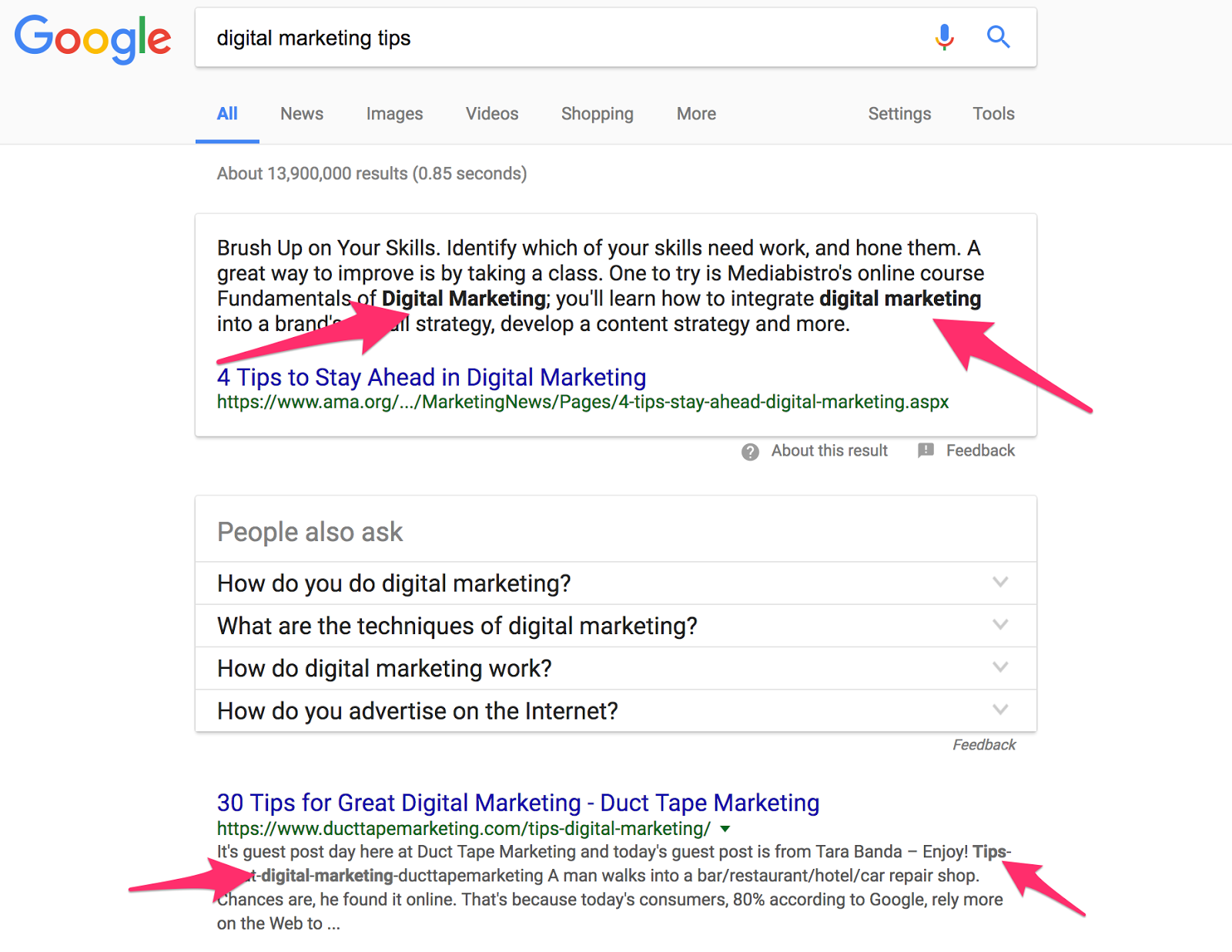



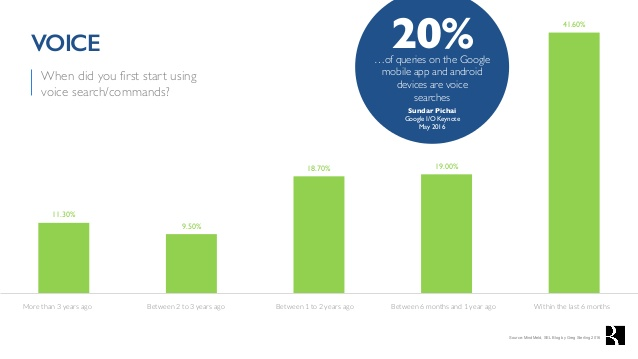
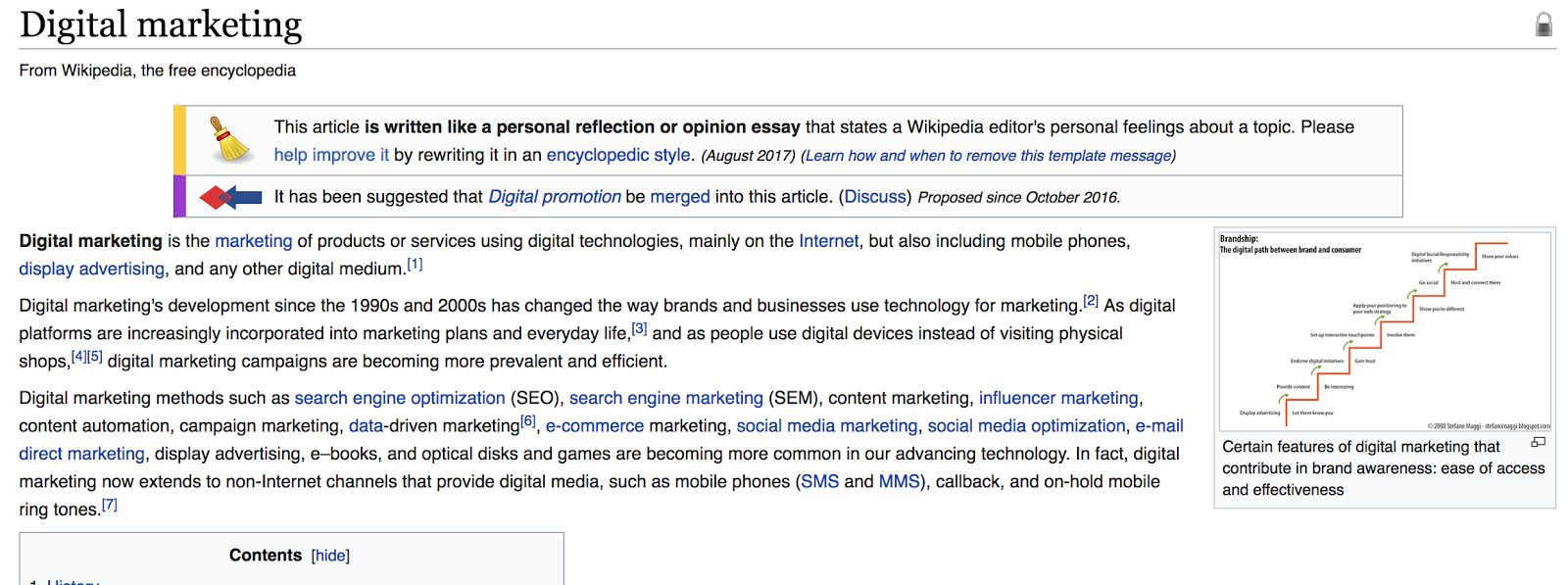
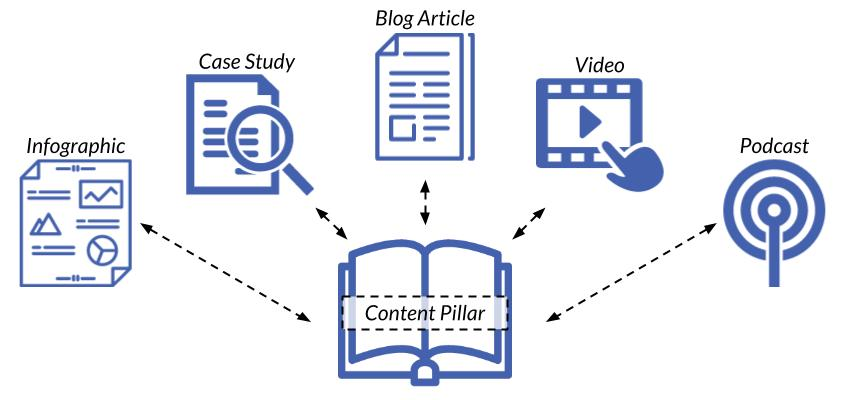
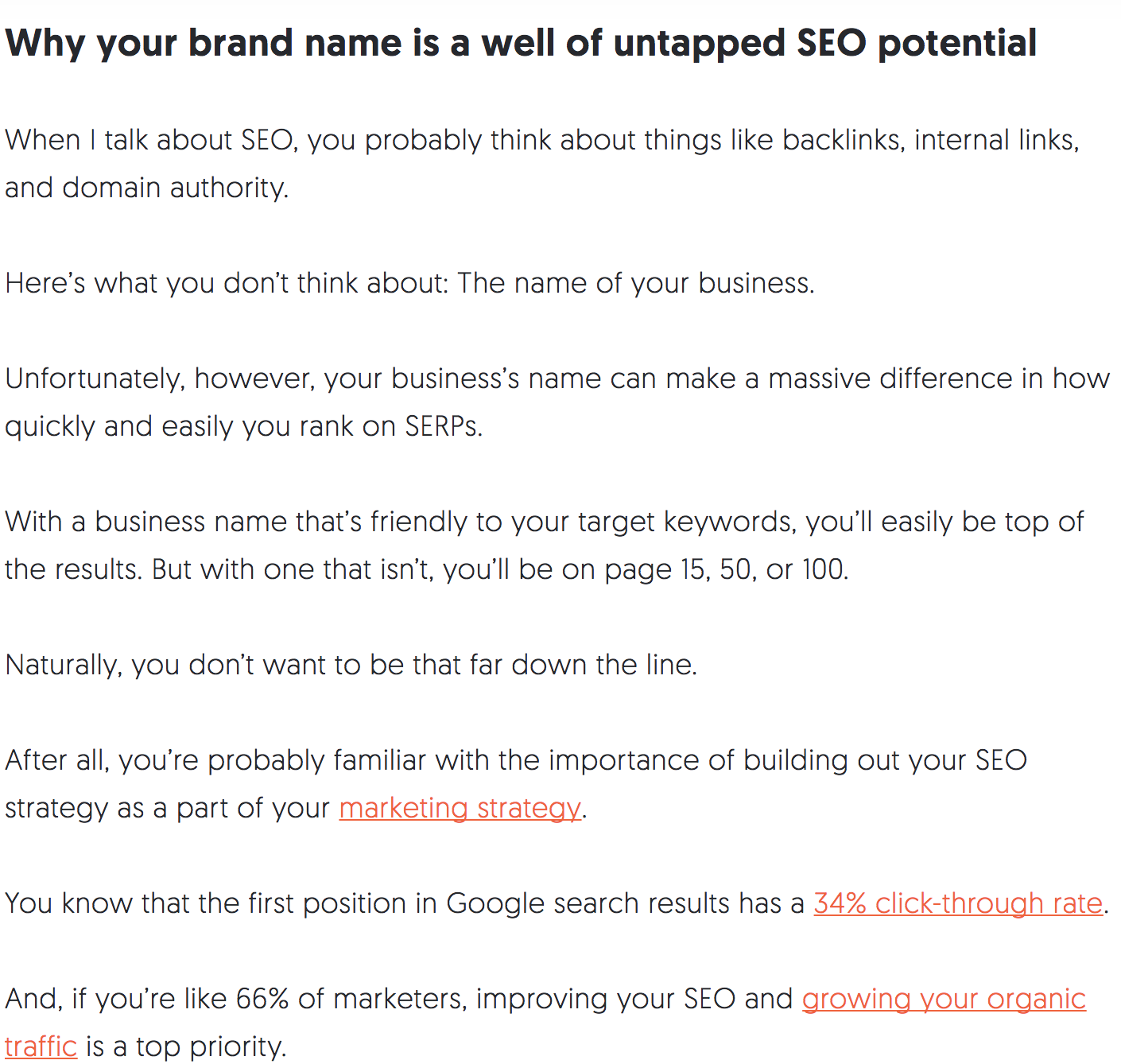
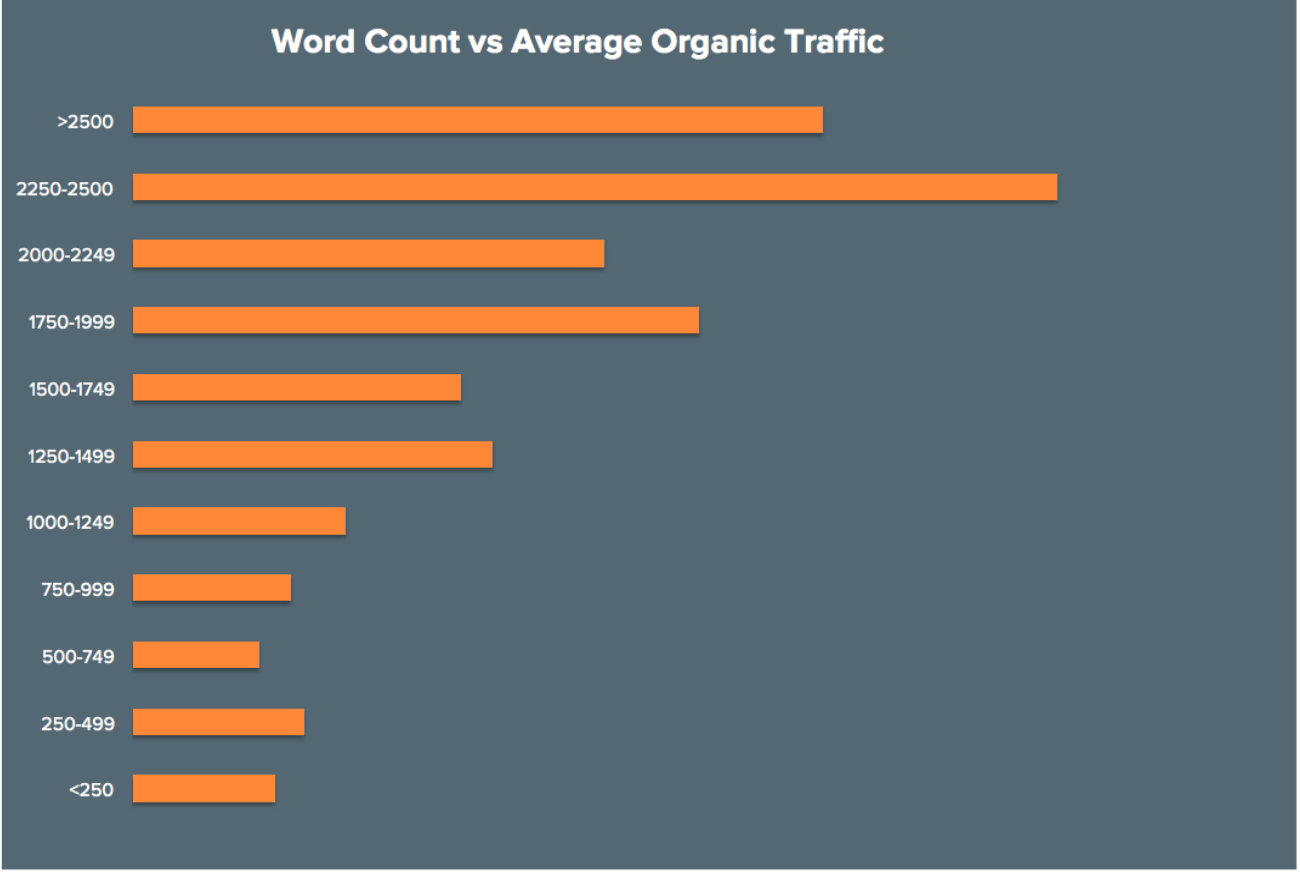

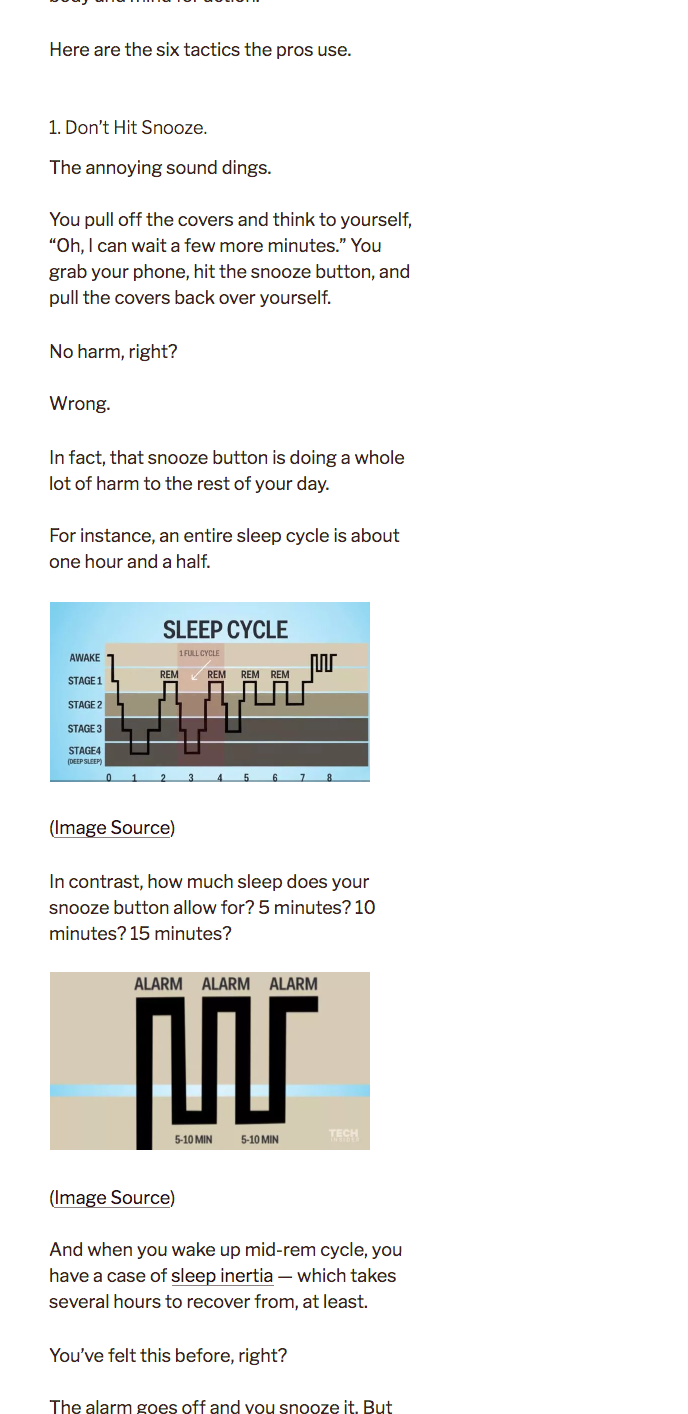
Comments (20)